

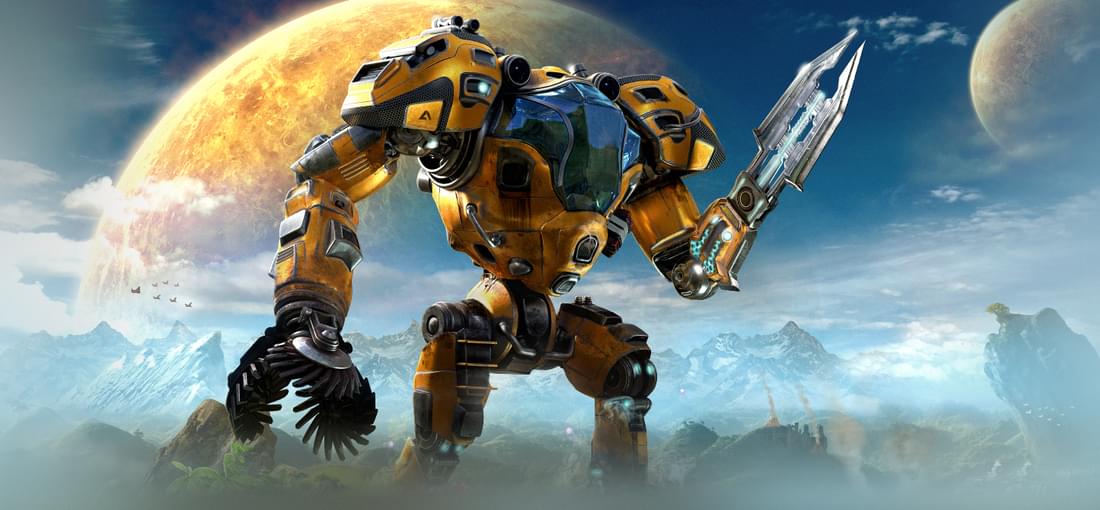
The Riftbreaker aims to blend twin-stick shooting with base-building in the vein of Factorio and Anno, but ends up feeling shallow on both fronts. You play as Ashley, a solo explorer on an alien planet, armed with a combat mech and a mission: build an interplanetary portal so humanity can strip-mine the place. The gameplay loop kicks off nicely—construct mines, fight off alien hordes, research upgrades, repeat. The visuals are lush, with multiple biomes and detailed alien flora, and the early hours are genuinely engrossing. But the deeper you go, the more you realize how little there is below the surface. Base-building lacks complexity: production chains are short, aesthetics are utilitarian, and your only real concern is generating enough power. Combat is fast-paced but becomes repetitive. Enemies blur together visually and mechanically, and weapons feel interchangeable. Even big enemy waves feel more like a nuisance than a threat. The story, while framed by charming banter between Ashley and her AI, never builds emotional weight or narrative urgency. After a while, progressing starts to feel like checking boxes. Missions boil down to “clear this zone, build another base,” without meaningful variation. By the time I had fortified every strip mine and maxed out tech trees, I was just grinding to unlock the ending. It left me thinking: “Could’ve been worse. But not worth the time.” TL;DR: Slick presentation and genre mashup can’t hide a lack of depth. Fun for a while, but ultimately forgettable.
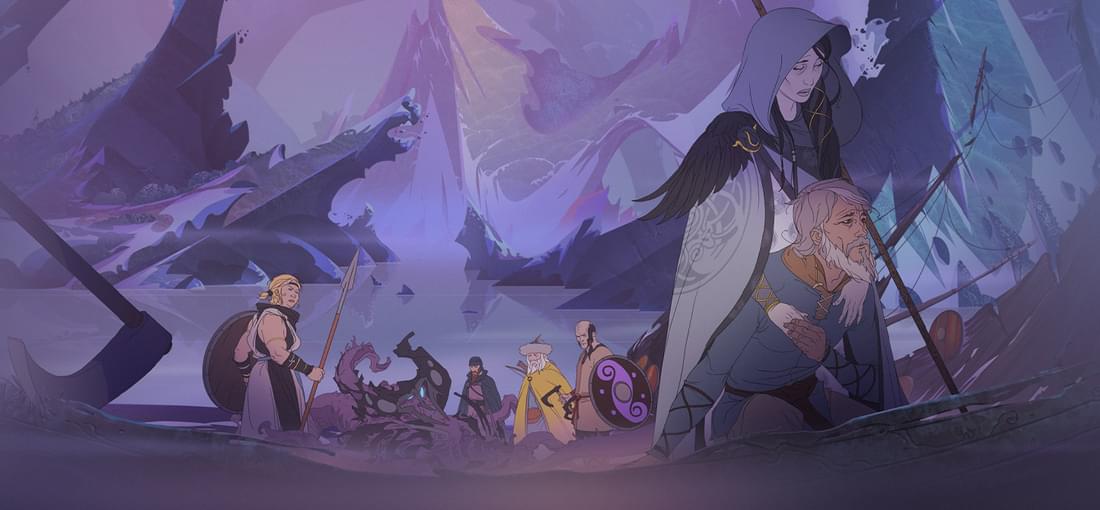
In every aspect but the story, the Banner Saga games are almost identical. That isn’t a bad thing when it comes to the production values: The art is its evocative self, switching between the haunting woodcut-like rendering of the lands and detailed and expressive depictions of the characters during combat and conversation. The music beguiles with haunting horns and overall excellence. The dialogue is sharp and yet relatable, which is a hard needle to thread. Less welcome is the lack of evolution of the game systems. There are a few more options for character growth, but in the end those just add additional options to increase the very same attributes and hit chances. There is a new class of enemy, but they basically behave the same as the other enemies. The involved numbers become greater, but the game experience stays the same. Especially now that all three installments are easily accessible, it really feels like the Banner Saga is one whole. So is it worth sticking around through the whole saga? That question hinges on the story sticking the landing. Has the landing stuck? Mostly yes in my opinion. The End of the World is addressed, how well is dependent on your performance and decisions. The great mystery of how the Apocalypse started is explained. I’m not exactly happy with a few of the turns the story takes, but overall, the finale is well worth witnessing. Only… a few of the crucial details of the plot remain frustratingly vague, and not in an intentional way. To me it feels like the writers had lost sight of these details at some point. Still, if you have made it this far, you’ll want to get to the end, to see all the sights the saga has to show you. They are well worth the modest time investment the game asks of you. TLDR: If you’ve played and enjoyed the first and second Banner Saga, you owe it to yourself to experience the finale. Everybody else should start at the beginning or walk away.
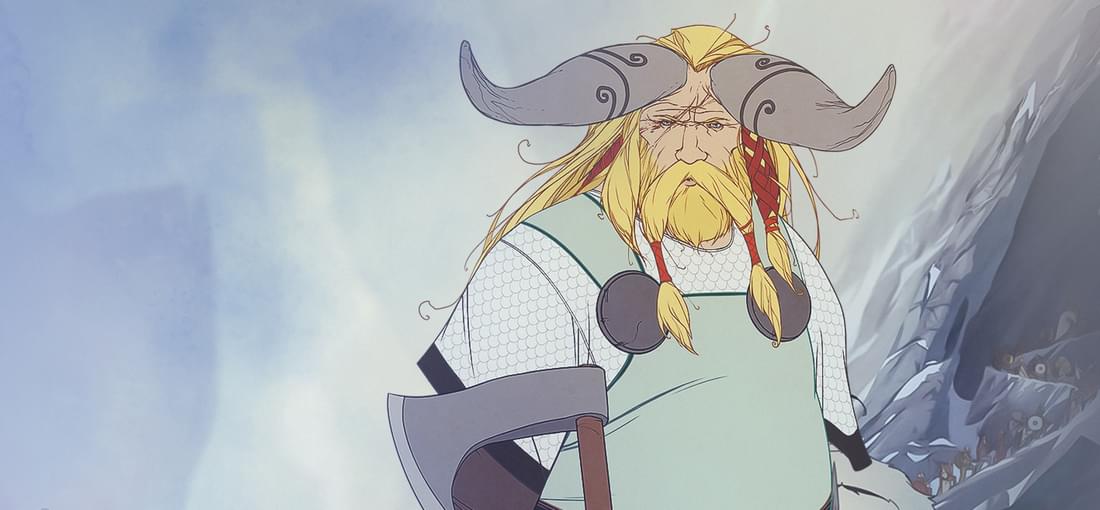
Banner Saga 2 picks up right after the satisfying but definitely open-ended finale of Banner Saga 1. That goes for every aspect of the production: story, gameplay, production values, everything fits neatly into the holes of the first part of the trilogy. The Banner Saga 2 does an excellent job continuing the story, raising the narrative stakes and catching us up with our favorite characters and introducing great new dramatis personae. It maintains the evocative art style and contains some of my favorite god stones. All these things are good things. But this sequel only does an ok job expanding the gameplay. A whole new category of characters is introduced. There is a new category of skill you can invest your level points into, which gives you percentages to inflict critical damage or completely avoid incoming damage. A bunch of new artifacts are there. The classes can now learn more than one special ability. And that’s it. Everything else about the tactical combat and the VN style travel mechanic is the same. Should you make the commitment to the whole trilogy then? To my mind, that entirely depends on your engagement level with the story. If you want to find out what happens to our plucky collection of horned giants, psychotic vikings and shady Gandalf wannabes, The Banner Saga 2 will happily tell you the Dark Middle Chapter, and do a good, at times even great, job of it. If you are here for gameplay experience that expands upon the first game in interesting and engaging ways, you might have to switch franchises. TLDR: If you remember your time with The Banner Saga 1 with affection, do not miss this one. If you didn’t, don’t bother. If you haven’t played Part 1 and are interested in Part 2, start at the beginning like a normal person.
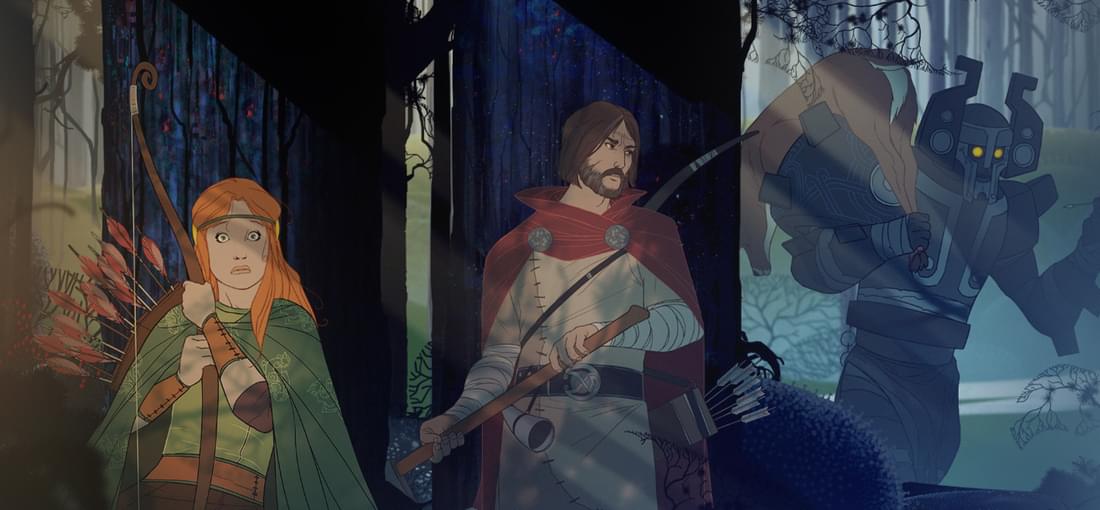
Do you yearn to earn your place in Valhalla by making it as far as you can through Fimbulwinter? Then don’t sleep on this very charismatic yarn of a game. Do you crave a deep and satisfying implementation of turn based tactics? You might want to look elsewhere instead.

The gameplay loop is almost unchanged from "Her Story": You have a database of video files which you can query with a search string that is matched against the spoken dialogue within the videos. These videos tell a story, and the player is tasked with puzzling this story together. The difficulty comes twofold: The number of search results is limited to five and ordered by date, so the later videos that contain most of the dramatic plot developments tend to be excluded, just as it was in “Her Story”. Also, almost all these videos are recordings of one side of conversations over the web, so to get the full picture, you need to find the recording of the other side. This leads to the immersive gameplay loop known from “Her Story” and provides quite a bit of fun for a while. But then things started to drag. I think this is inherent to the story “Telling Lies” wants to tell. It is an engaging yarn with quite a few plot twists and some very clever and important things on its mind, but it is a bit too long. The game contains almost 10 hours of video content, and not all of it is engaging. Also, the plot of “Telling Lies” is not as well matched to its medium as the plot of “Her Story” was. That game has a few twists that work uniquely well in the interactive medium of computer games, and “Telling Lies” struggles to provide similar peaks of engagement. It is not a problem of the production values: The images and sound are crisp, the performances are all at least adequate. In the end I think this might be a case of diminishing returns. Barlow’s unique style of game wowed me the first time, but the second time around, the wow factor was gone and what engagement remained wasn’t enough to overcome the bloat of the story. TLDR: If this is your first Sam Barlow Interactive Video Detective game, you should have a lot of fun: “Telling Lies” is the superior product. But if you’ve played “Her Story” or “Immortality”, “Telling Lies” might lose you before it reaches its conclusion.
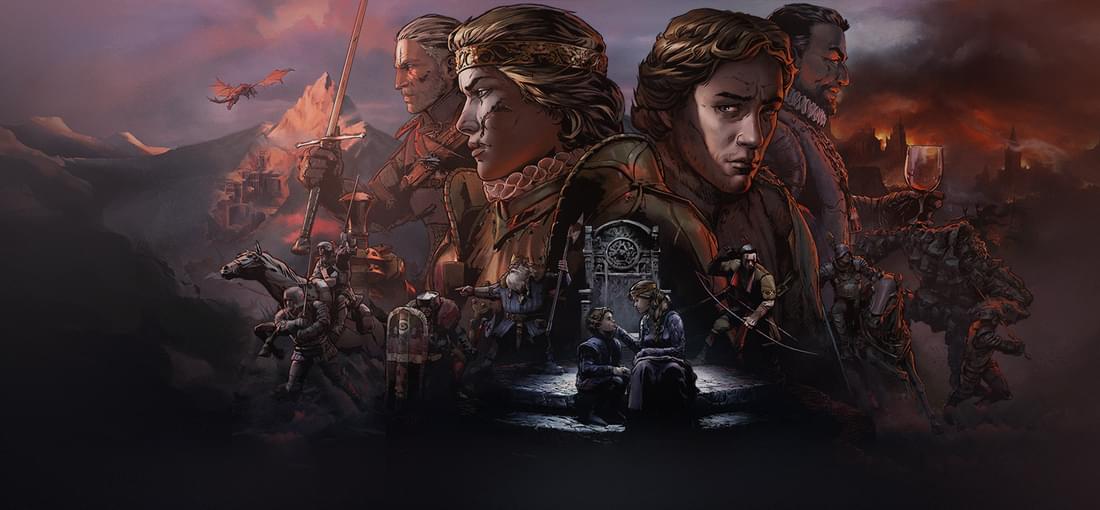
It looks a bit like CDPR went for quantity over quality. Thronebreaker is massive, both in story and gameplay content. The campaign took me 35 hours! The quality doesn't quite measure up, though. There are Gwent rounds, whose main draw is that the AI is a massive cheat, but the decks you can construct within Thronebreaker allow for some ridiculous combos that would never be allowed in multiplay. Unfortunately, once you arrive at such a deck, all challenge and variety goes out of the regular matches There are also puzzles, which usually present a very constructed scenario that hinges on you figuring out a particular twist. They are fun but quickly completed. The plot is an enjoyable tale of war and vengeance. Both the story and its protagonist might be a bit one-note overall, but the game keeps throwing these mean little curve-balls, usually with a very tough choice attached. Also the villains of the piece are despicable yet complex enough that the desire to make them pay dragged me through the occasional lulls in the plot quite successfully. Is it fun to play? This one is a qualified yes for me. The first third of the game is fun. As things go on, you notice that the gameplay is a little thin: You scour the map for interactive elements, most of which are resource caches, you play a few games of gwent, you listen to the next conversation cutscene. The difficulty curve has plateaued and, disregarding two or three spikes, will never move again. Routine sets in. All in all, Thronebreaker has a pacing issue, and it runs out of tricks too quickly. So, do I recommend this game? Yes, to two specific audiences: Players invested in Gwent, who probably need the new cards the expansion brings and will have a lot of fun completely thrashing the AI. Also, people invested interested in the lore of the Witcherverse, who will get a kick out of playing through the second Nilfgaardian invasion. Everybody else should look somewhere else.
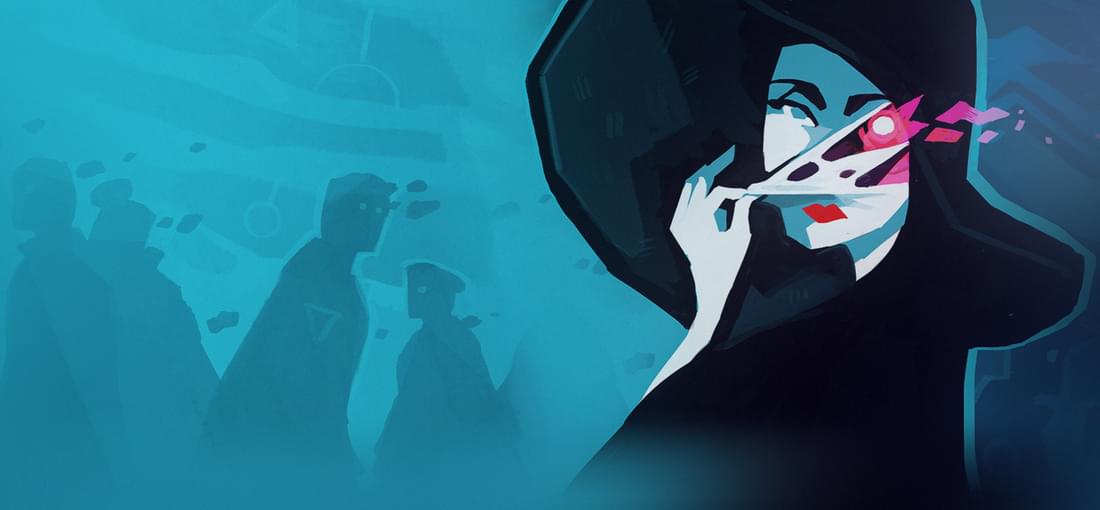
This game absolutely does what it says on the tin: It simulates the life of a cultist. What's surprising is the amount of daily grind an aspiring cultist has to do in 19th century Notlondon to achieve immortality through bargains with the unspeakable gods from beyond reality, both the mundane and the eerie kind. What's even more surprising is how little this seriously painful grind hurt my engagement. Whenever I got frustrated by the grind, some enticing piece of prose pulled me back in. It took me 6 times to get my first successful run, and whenever I died or went insane or got locked up in the tower, I hit the restart button right away. The card abstraction works surprisingly well, the writing is top notch (Alexis Kennedy being the writer got me interested in this game) and the well of discoveries goes very far, but never as far as you want it to. That's the good stuff. The bad stuff? This is a bit of a rogue-like, which means permadeath, which means you might loose a lot of progress. And as an exception to the genre, the next run doesn't profit at all from the run before it. Also, the different routes to victory are not different enough to make me want to replay the game, now that I've beaten it once. Still, ca. 40 hours of gaming makes this one an excellent value proposition.